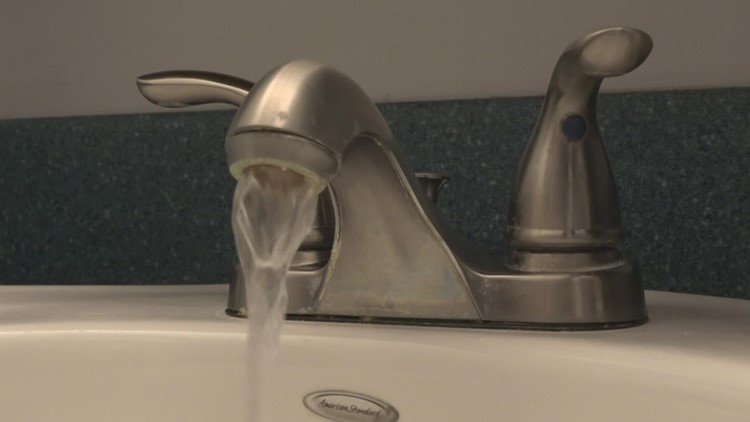MICHIGAN, USA — The US Environmental Protection Agency took a significant step forward this week in the fight against ‘forever chemicals’, proposing to reclassify two of the best-known contaminants in that class as hazardous under the federal ‘Superfund’ law known as CERCLA.
“For communities like ours, for families, for communities that have suffered for far too long, today is really a watershed moment,” Tony Spaniola related.
Spaniola co-chairs the Great Lakes PFAS Action Network, a national outfit that formed in the last few years to generate awareness and hold polluters accountable.
“There are some tools in the toolbox now,” he noted via Zoom Friday. “This creates a much more powerful one.”
The agency said the update floated Friday “would trigger reporting of PFOA and PFOS releases, providing the Agency with improved data and the option to require cleanups.”
The proposed reclassification under the superfund law would also give regulators the option to recover cleanup costs from those responsible.
Costs, up to now, largely shouldered by the communities contaminated over decades of use.
Like the well-documented problem spots that surround the City of Rockford.
“This is kind of the culmination of everything,” Sandy Wynn-Stelt related. “A whole lot of activists across the country have been working hard for so long… I wish we could get together and have a beer to celebrate.”
After all, Wynn-Stelt is living proof of the dangers scientists are just now beginning to understand.
Five years ago, she was told the water in her Northern Kent County home was laced with toxic chemicals.
Just prior, her husband died of liver cancer and later, Sandy had her own battle to fight.
“People in my neighborhood… they've had all sorts of problems from this,” she said. “So that's really what the goal is… I don't want this to spread.”
The struggle led her to advocacy – and a co-chair spot with Spaniola at the Action Network.
Data collection and transparency requirements embedded into the proposal, Wynn-Stelt said, would likely turn up more contamination hotspots and give researchers a better understanding of how to purge PFAS chemicals from the environment.
“We keep hearing as well, it's all in Michigan and it's not,” she said. “It's just Michigan has looked. I suspect… every state across the country is going to find this everywhere.”
Once the proposed rulemaking is entered into the federal register in the next several weeks, there will be a 60 day public comment window before the effort can move forward.
Following that public comment window, the EPA said it intended to open-up an additional public comment window, entertaining the idea of reclassifying other chemicals under the PFAS umbrella as hazardous.
There are 12-thousand or so of those.
Advocates said the broader reclassification effort would be a key step toward viewing and regulating the chemicals as a class, rather than individually.
The full release is available on the EPA's website.
►Make it easy to keep up to date with more stories like this. Download the 13 ON YOUR SIDE app now.
Have a news tip? Email news@13onyourside.com, visit our Facebook page or Twitter. Subscribe to our YouTube channel.



